Edible Flowers
With spring blooms starting to colour our gardens after winter, and many of us planting seeds for the coming season, I am excited to propagate a very special set of edibles in my garden – flowers. Edible flowers have seen a revival in interest in recent years as celebrity chefs and home cooks on social media wow with their beautiful creations. But flowers for eating have a long history – across cultures and all over the globe there are references of flowers being used in food (and medicine).
Besides being eye-catching cake decorations, or colourful garnishes though, edible flowers have their own delightful flavours and health-giving nutrients to add to a meal. And indeed, can be included in every course – from hearty breakfasts to dainty canapes, big warm savoury offerings and light cool drinks.
It is also particularly useful for me to know that while the edible flowers are growing in my garden, many of them serve a horticultural purpose too – quite a good number of them are fantastic companion plants for the vegetable, berry or fruit garden, and help to attract pollinators and beneficial predatory insects, repel unwanted pests, or improve the soil conditions in which they grow.
Edible flowers can be found all over the plant kingdom - from tiny annuals through perennials, to large trees.
Minette Tonoli
Herb Specialist - www.meadowsweet.co.nz
Supplied by Canterbury HERB Society
Some edible flowers and ideas for their use include:
- Pansies and violas (Viola spp) – salads, baking, sugared flowers
- Nasturtium (Tropeaolum spp) – salads, vinegar, pesto
- Borage (Borago officinalis) – salads, baking, ice cubes
- Calendula (Calendula officinalis) – salads, pasta, cream cheese, tea
- Citrus blossoms (Citrus spp) – tea, preserves, flavouring
- Rosemary (Rosmarinus officinalis) – eggs, meat, potatoes
- Day lily (Hemerocallis spp)* - fried flower bud fritters, salads *Make sure it is a true DAY LILY, all other garden lilies are toxic
- Yucca (Yucca spp) – soups
- Rose (Rosa spp) – jams, jellies, syrup, salads, baking, sugared flowers
- Lavender (Lavandula spp) – syrup, salads, drinks, ice cream, cookies
- Safety: only eat unsprayed flowers, only eat flowers you can positively identify as edible, clean
flowers well before eating.
- Safety: only eat unsprayed flowers, only eat flowers you can positively identify as edible, clean
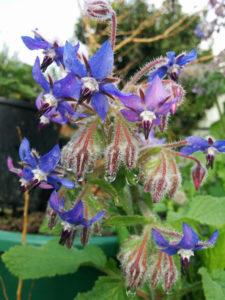
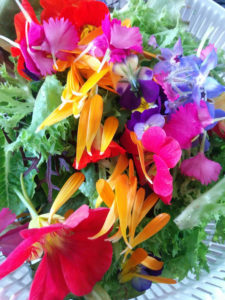
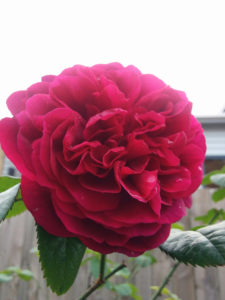
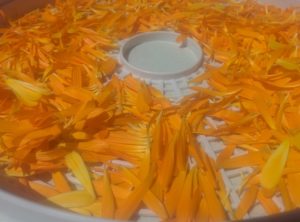
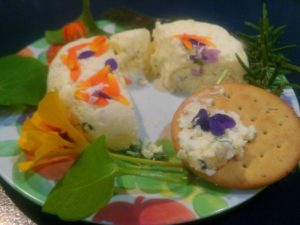
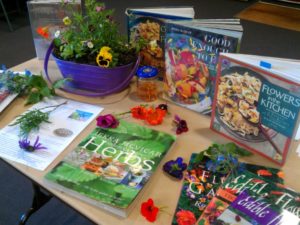
Minette Tonoli
Herb Specialist - www.meadowsweet.co.nz
Supplied by Canterbury HERB Society

